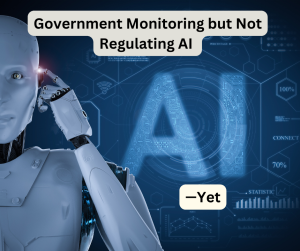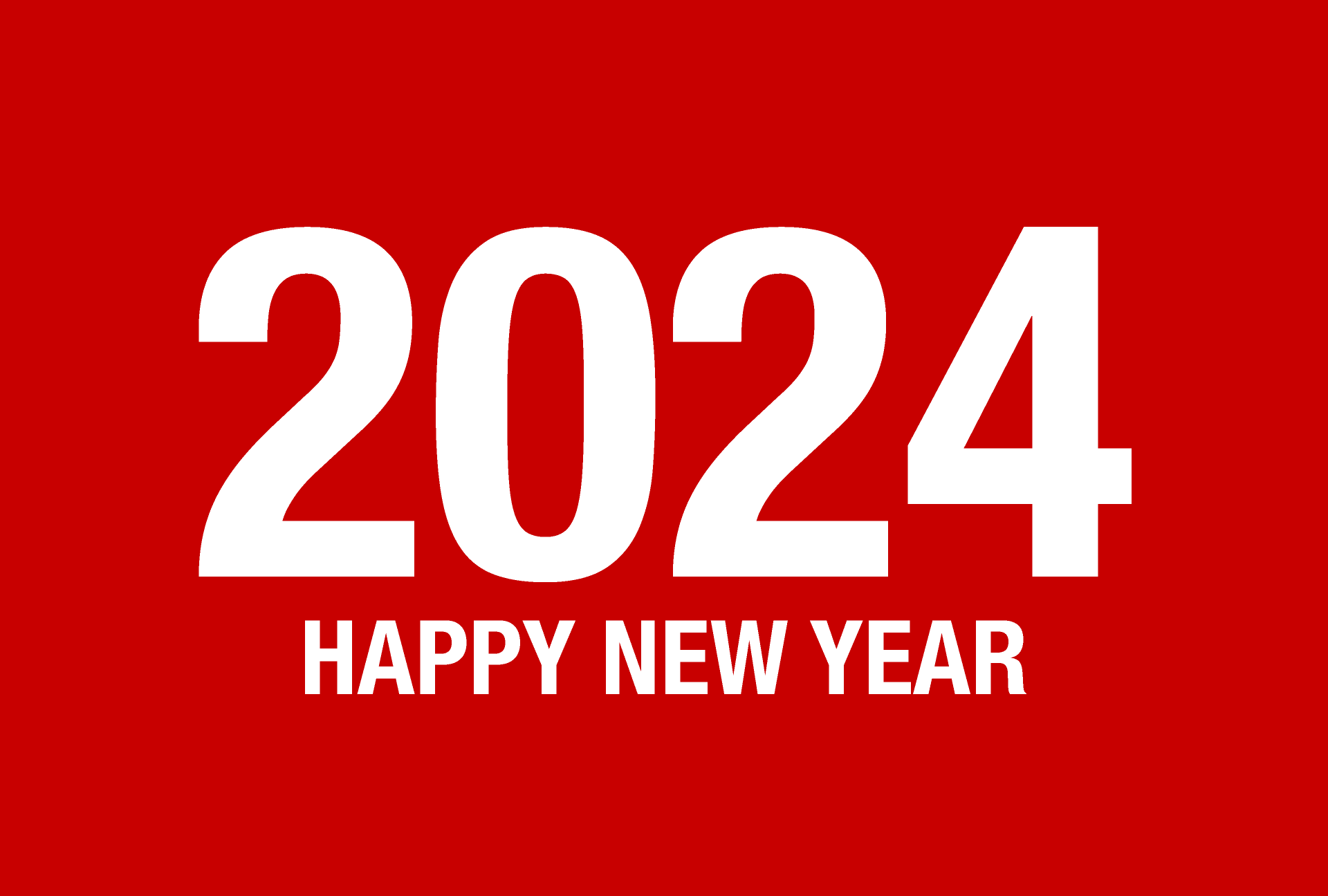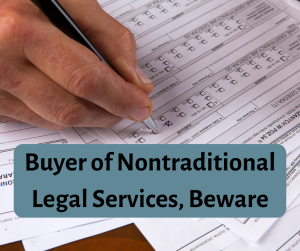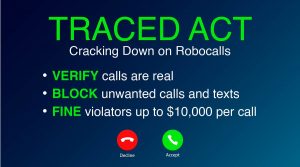 If the robots start taking over, you can’t necessarily expect the government to protect you.
If the robots start taking over, you can’t necessarily expect the government to protect you.
That isn’t to say the public sector isn’t paying attention. President Biden and Vice President Harris met recently with CEO’s of Microsoft, Alphabet Google’s and other leading artificial intelligence companies and pushed the message that AI products—particularly the generative AI found in trending apps like ChatGPT—must have safety protocols built in place before they’re released.
Among the current and potential risks that Biden, who is himself a ChatGPT user, warned about include those to individuals, society at large, and the country’s national security—ranging from violations of privacy, to skewed decisions about employment, to misinformation campaigns, to outright scams.
 Chicago Business Attorney Blog
Chicago Business Attorney Blog








